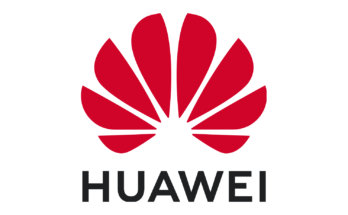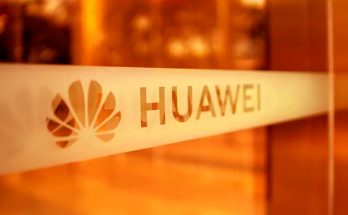The scale of Huawei’s cloud ambitions is confirmed. The Chinese provider announced a platform dedicated to AI technologies under the name Enterprise Intelligence. It also plans to build a global cloud network based on the airline alliance model. Among the partners chosen to implement it are: Orange, Deutsche Telekom, BT and Telefónica.
Huawei multiplied its announcements around the cloud during its Connect conference held in Shanghai from September 5 to 7. After yesterday unveiling a strengthened partnership with Microsoft to integrate the latter’s applications into its public cloud infrastructure, the Chinese provider revealed that it is working on an AI-based platform called Enterprise Intelligence. In doing so, you indicated your intention to break into the Top 5 cloud providers worldwide (if you didn’t name a competitor, it’s clear that you plan to compete with AWS, Microsoft Azure, Google Cloud, and IBM BlueMix). It was Guo Ping, the current CEO of Huawei (the leadership of the company is alternately held by different leaders), who presented Enterprise Intelligence. He took the opportunity to highlight the alliances entered into, for example with GE and Honewell who have chosen the Chinese group as their cloud provider to deploy IoT solutions in different activity sectors,
After Guo Ping, Zheng Yelai, the president of the cloud business, also cited Volkswagen, which uses Huawei’s HPC services to run simulations in its design applications, or Philips’ medical division which manages 8.1 million medical devices through the Chinese operator. The Enterprise Intelligence cloud platform will offer services in deep learning, graph analysis, machine learning, AI model training and indexing. In particular, it will have the ability to process video in real time and identify elements in documents and images. It will also provide speech recognition and natural language processing APIs. According to Zheng Yelai, its optical character recognition techniques deliver a sharpness of 97.37%.
Road traffic: analysis of 10 million images / day in Shenzhen
Affiliated cities will also be able to use Enterprise Intelligence services for applications related to road traffic, a platform that will enable searches in 100 billion images per second. Huawei gave the example of the Traffic Brain project set up by the megalopolis of Shenzhen, which has a total population of 22 million and must handle heavy traffic. The idea is to use a dedicated, high-speed network to enable police to capture traffic data from the city for up to 700 million entries per month. An Enterprise Intelligence-assisted application would capture 10 million images per day. “The technology should be able to detect a vehicle that should not have been on the road,” said a spokesperson for the project.
These capabilities are based on work Huawei has done on mass video networks, mentioned earlier by Guo Ping. The latter cited the example of a child abduction in Qingdao, Shandong Province. In this metropolitan area of 10 million inhabitants, police managed to identify via video the face of a woman suspected of having abducted the little girl. Later, police were able to identify the woman in an image database, which was used to locate the hotel where she was staying, and located the minor.
A global cloud network based on the airline alliance model
At a press conference, Zheng Yelai later said that Huawei plans to build a global cloud network based on the alliance model used by airlines, where airlines provide global services to their customers. The alliance will include telecom companies such as the French group Orange, Deutsche Telekom, BT and Telefónica (Orange is already working with the Chinese provider). “Each country has different requirements and to serve customers we need these partners,” Zheng Yelai explained.
“Some of these operators have been serving their countries for more than 100 years and have built trusting relationships with their customers, especially governments and large corporations,” said the head of the cloud entity. He added that Huawei is committed to building on that trust. In his presentation, he said that 95% of China’s top 1000 companies use Huawei’s cloud technologies, as do 197 Fortune 500 companies. For its security architecture, the Chinese group relies on its own chipsets.



